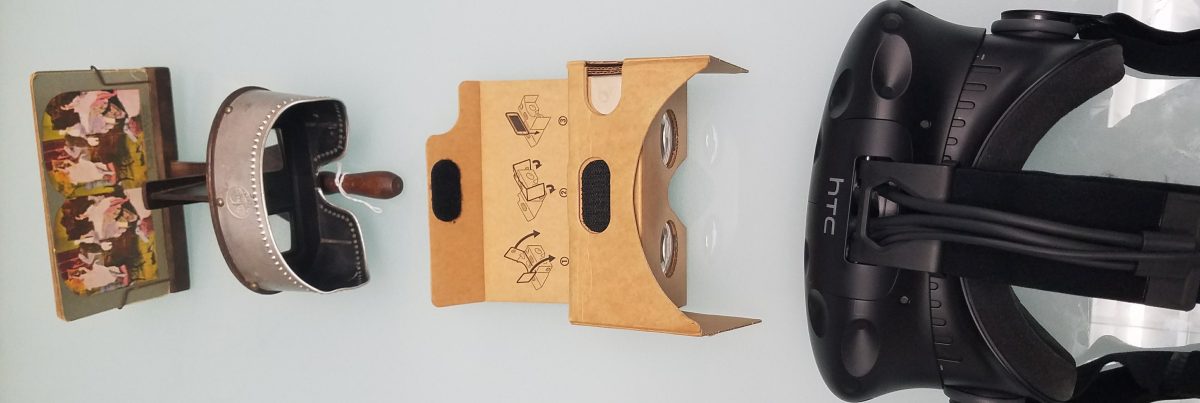In the prompt of creating a virtual experience based off of Frankenstein, and an idea that teaches empathy, I formed the idea “Destination Forge”. Destination Forge is an educational, pro-social, adventure-strategy Virtual Reality (VR) experience that combines the story of Frankenstein and the importance of empathy, with a personalized experience of finding one’s true identity.
In the beginning of the experience, participants will have the option to customize their character and decide their occupation, character traits, and voice. Throughout the experience, the participants will be required to complete quests, and based on their responses to various NPC’s and approaches to each quest, a clone of their character will start to form. Based on the amount of empathetic choices a participant makes at the end of formation, their character and it’s clone will either merge to form a powerful mega-human, which will go on to complete quests that encourage empathy, or ultimately will be cursed forever, unless a journey to the “Mirror of Empathy” is made to renew themselves.
The character options will be limited, because the purpose of the game is more important than the number of hair styles available. The body of the characters will be close to the models used in SecondLife, or the role-play game IMVU. Voice acting will also be limited, but occupations will vary.
The target audience for this virtual reality experience is middle and high-school students, based on the understanding of empathy that is required to participate in the virtual experience. The purpose of Destination Forge is to teach students empathy and ultimately believe that empathy is a super-human ability. In a study conducted by Christine M. Bachen et al., pro-social games have been found to “increase empathy and decrease schadenfreude, or pleasure taken at another’s misfortunes.” (Bachen).
The environment for this virtual experience can be chosen: the city, the country, or the work place. Donghee Shin concludes that “stimulated empathy in VR can increase a user’s overall empathy and the perception that a virtual environment is realistic” (Shin). In Destination Forge, the environments and quests are realistic, which will ultimately lead to a more effective impact on a participants life, and level of empathy.
Bachen, M. Christine et al. “How do presence, flow, and character identification affect players’ empathy and interest in learning from a serious computer game?” Computers in Human Behavior, Nov. 2016, https://www.sciencedirect.com/science/article/pii/S074756321630471X
Shin, Donghee. “Empathy and embodied experience in virtual environment: To what extent can virtual reality stimulate empathy and embodied experience?” Computers in Human Behavior, Jan. 2018, ezproxy.stevenson.edu:2090/science/article/pii/S0747563217305381
